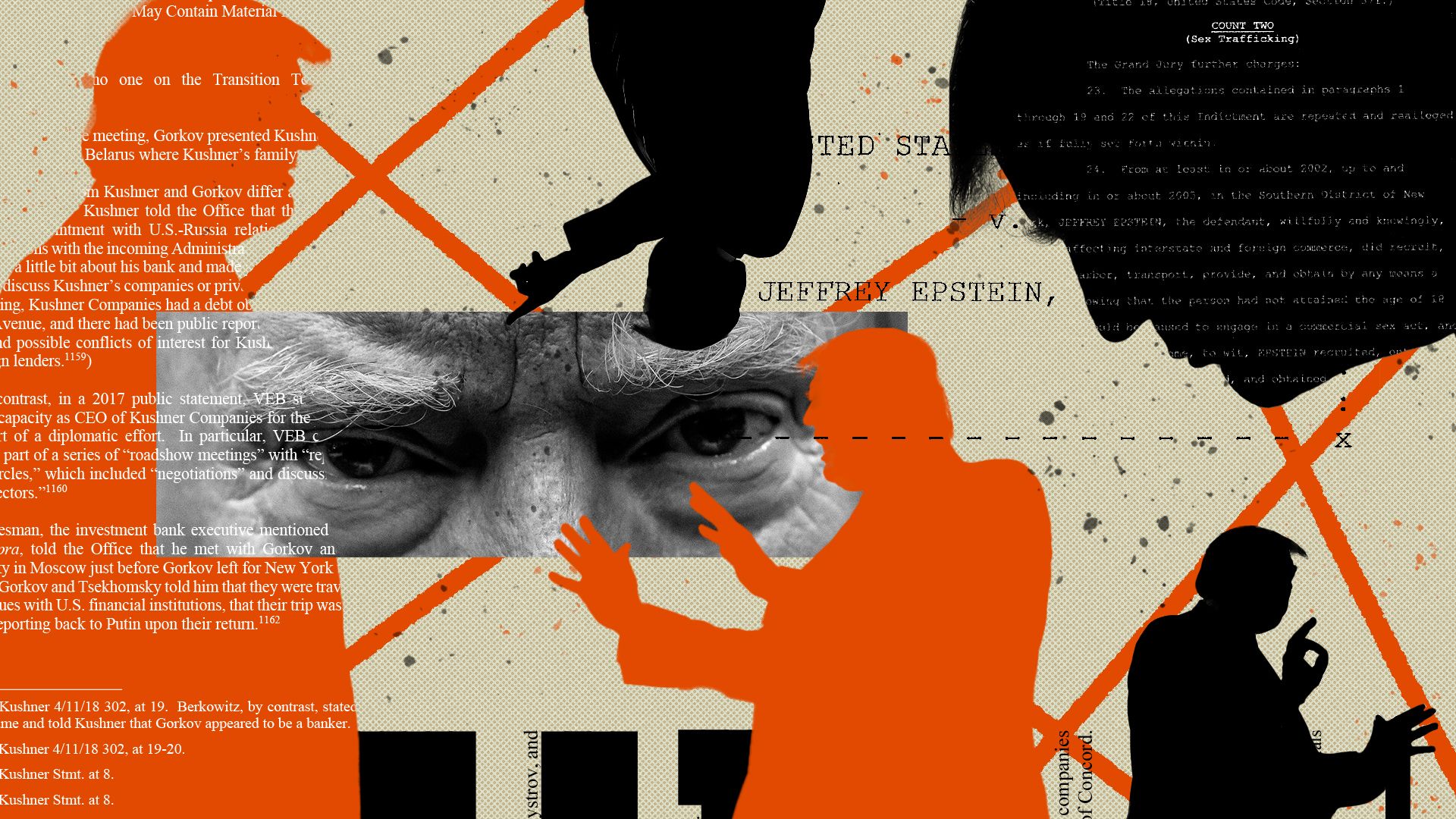
Jeffrey Epstein Criminal Case: Legal, Political, and Ethical Ramifications
The Jeffrey Epstein criminal case revealed a complex sex trafficking network involving underage girls, prompting federal investigations and public scrutiny.
Epstein's connections to high-profile individuals, including Donald Trump, have come under renewed examination following the release of emails linking them.
These disclosures have intensified political controversies, raising questions about accountability and transparency, and impacting Trump’s public image and political prospects.
The Department of Justice plays a crucial role in prosecuting sex trafficking and ensuring justice for victims.
Meanwhile, challenges in scientific publishing highlight the need for integrity and impartiality amid political pressures.
Summary
Frequently Asked Questions
Q: Why won’t Jeffrey Epstein scandal go away for Trump?
A: The Jeffrey Epstein scandal persists in relation to Donald Trump due to Epstein's high-profile connections and allegations of sex trafficking involving powerful individuals. Trump was publicly acquainted with Epstein in the past, which draws media and public attention whenever Epstein's crimes are discussed. Additionally, legal and political factors, alongside ongoing investigations and revelations about Epstein's network, keep the scandal relevant and linked to Trump. This continuous association fuels scrutiny and controversy around Trump's personal and social ties.
Q: What do the newly released Epstein emails say about Trump?
A: The newly released Epstein emails contain communications primarily involving Jeffrey Epstein and his associates. While some emails mention Donald Trump, they do not provide conclusive evidence of wrongdoing by Trump. The content largely involves social invitations and general correspondence, but there is no verified information within these emails directly implicating Trump in Epstein's criminal activities.
Q: How is the Epstein scandal affecting Trump's political standing?
A: The Epstein scandal has had a mixed impact on Donald Trump's political standing. Although Trump was once socially connected to Jeffrey Epstein, there is no direct evidence linking him to Epstein's criminal activities. Political opponents have attempted to use these associations to criticize Trump, but his core base remains largely unaffected. Overall, while the scandal has caused some negative media attention, it has not significantly damaged Trump's political influence among his supporters.
Q: Why did Anna Krylov cut ties with Nature Portfolio?
A: Anna Krylov cut ties with Nature Portfolio due to disagreements over the journal's policies and editorial practices. She expressed concerns about the handling of peer review and the direction in which the publication was headed, which she felt conflicted with her professional values. This decision was part of a broader discussion about the integrity and transparency of scientific publishing.
Q: What is the House vote on Department of Justice files about Epstein?
A: The House of Representatives voted to compel the Department of Justice (DOJ) to release files related to Jeffrey Epstein, aiming to gain transparency about the government's handling of his case. The vote reflects lawmakers' concerns over the extent of information withheld about Epstein's criminal activities and possible involvement of others. This action is part of ongoing congressional efforts to investigate the Jeffrey Epstein case more thoroughly and ensure accountability.
Key Entities
Donald Trump: Donald Trump is the 45th President of the United States, serving from 2017 to 2021. He is a businessman and media personality known for his controversial policies and leadership style.
Jeffrey Epstein: Jeffrey Epstein was a financier and convicted sex offender linked to a high-profile sex trafficking ring. His connections to powerful figures brought significant media scrutiny following his arrest and subsequent death.
House of Representatives: The House of Representatives is the lower chamber of the United States Congress, responsible for drafting and passing federal legislation. It comprises representatives elected based on population from each state.
Anna Krylov: Anna Krylov is a computational chemist recognized for her work in theoretical chemistry and electronic structure methods. She contributes to advancements in quantum chemistry through academic research and publications.
Keir Starmer: Keir Starmer is the leader of the UK Labour Party and Leader of the Opposition since 2020. He is a former lawyer who focuses on social justice, public policy, and political reform in the United Kingdom.
External articles
- Trump's name appears in new Epstein files released ...
- Epstein's emails stir new doubts over Trump's past denials
- How on Earth Are We Just Now Hearing About Trump's ' ...
Articles in same category
- Georgia Man Arrested for Terroristic Threats to Shoot Up Hartsfield-Jackson Airport
- Norway’s Oil Fund Revises Ethical Investment Guidelines Amid Political Debate
- Kristian Berg Harpviken Named Director of Norwegian Nobel Institute: Shaping the Future of the Nobel Peace Prize
YouTube Video
Title: Leaked Epstein Emails: Trump Knew More Than He Claimed?
URL: https://www.youtube.com/shorts/O9d7cxxtDdQ
News
